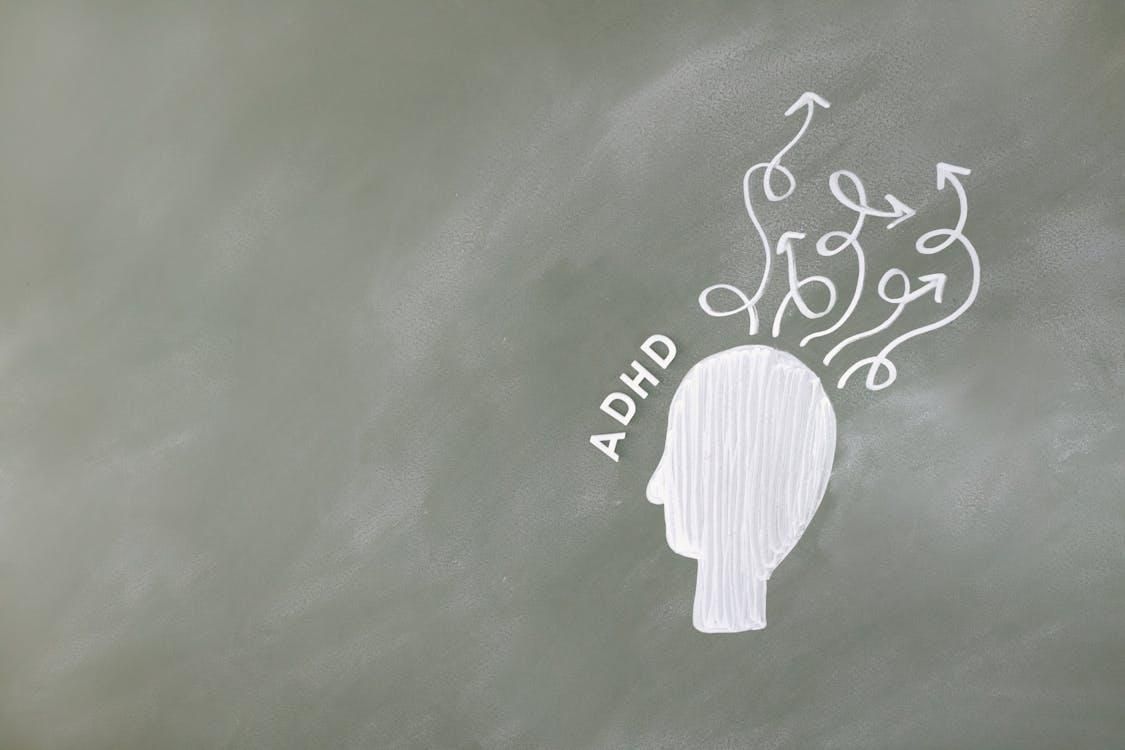Care Without Walls: How Mobile Mental Health Visits Bring Healing Home
Mental health support is evolving, and mobile mental health care is becoming a vital solution for individuals who need professional help but face barriers to accessing traditional clinics. By bringing psychiatric care directly to the comfort of home, mobile services eliminate many of the challenges associated with seeking treatment, such as transportation, scheduling conflicts, or the stigma tied to visiting a mental health facility. This approach ensures that support is more accessible, personal, and effective.
What Is Mobile Mental Health Care?
Mobile mental health care refers to professional psychiatric and psychological services delivered outside of traditional settings. Instead of requiring patients to travel to a clinic or hospital, licensed providers visit them at home or connect virtually through secure platforms. These services can include psychiatric evaluations, therapy sessions, medication management, and crisis intervention. The goal is to provide quality care without the walls of an office, making support available when and where it is needed most.
Why It Matters
For many people, accessing mental health treatment can be difficult. Transportation issues, busy schedules, and geographic limitations, especially in rural areas, often stand in the way of consistent care. Mobile services remove these obstacles by ensuring that professional help comes directly to the patient. This not only reduces stress but also improves treatment adherence and overall outcomes.
Another significant benefit is the comfort and privacy it provides. Receiving care at home helps individuals feel more at ease, which encourages openness and honesty during therapy or consultations. This supportive environment can lead to faster progress and better long-term results.
Who Can Benefit?
Mobile mental health care is suitable for a wide range of individuals. It is particularly beneficial for:
● Elderly patients who may have mobility issues
● Individuals in rural areas with limited access to clinics
● Busy professionals struggling to fit appointments into their schedules
● People with severe anxiety or depression who may find it overwhelming to leave home
● Families and caregivers who need accessible mental health support for loved ones
The Role of Technology
Technology plays a key role in expanding mobile care. Secure telehealth platforms allow patients to connect with licensed professionals through video calls, ensuring continuity of care even when in-person visits are not possible. Digital tools, such as symptom trackers and mobile apps, further support ongoing treatment and communication between patients and providers.
Building a More Accessible Future
The rise of mobile mental health care represents a shift toward patient-centered services. By removing barriers, providers can reach more people and deliver personalized, compassionate support. For communities facing shortages of mental health professionals, this model is especially impactful, offering timely intervention and preventing conditions from worsening.
At Oasis of Hope, we offer comprehensive mobile mental health care services, including ADHD treatment, anxiety treatment, depression treatment, and behavioral healthcare guided by a psychiatrist, psychiatric nurse practitioner, and experienced therapists. We perform thorough mental health evaluations and provide mental health counseling, telepsychiatric services, and in-home follow-ups. Our child psychiatrist is also available to support younger clients, and our integrated team ensures continuity of care in La Plata, Leonardtown, Waldorf, Prince Frederick, and Brandywine, MD.











